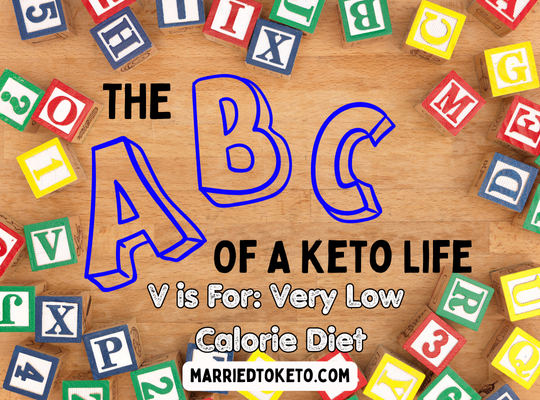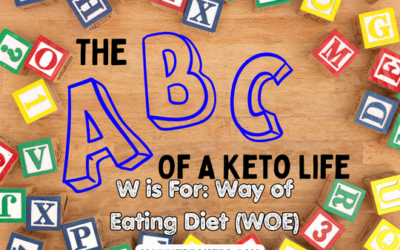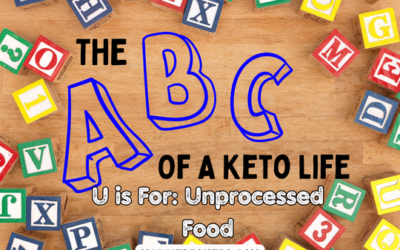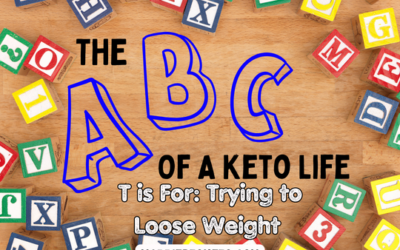What’s the first thing we learn as children? Our ABC’s. So, we thought it would be a fun idea to do the ABC’s of keto! This blog series looks at some of the main ideas and the not-so-main ideas of keto as we work our way through the alphabet. Today’s blog is V: Very Low Calorie Diets.
What Is A Very Low Calorie Diet?
Most adults require at least 1600 calories a day to live their lives effectively. It’s recommended that adult women have 1600 to 2400 calories a day, depending on age and activity levels. The recommended calorie intake for men is 2200 to 3000 calories a day. Very low calorie diets have people taking in 800 to 1500 calories a day. Some go as low as 500 calories a day.
The goal of this diet is to lose weight quickly. Sometimes doctors will recommend this for patients who are dangerously obese and their immediate health risks are more concerning than a lack of nutrients in the short term. The idea is that people will lose about 3 to 5 pounds a week while they are on this diet.
Are They Beneficial?
This diet is not recommended unless you are under a doctor’s supervision. Remember the grapefruit diet? The one that only lets you eat grapefruit? You aren’t going to get a lot of variety of foods on this diet. However, if you have a lot of health issues directly relating to your weight, this diet can be beneficial in the short term.
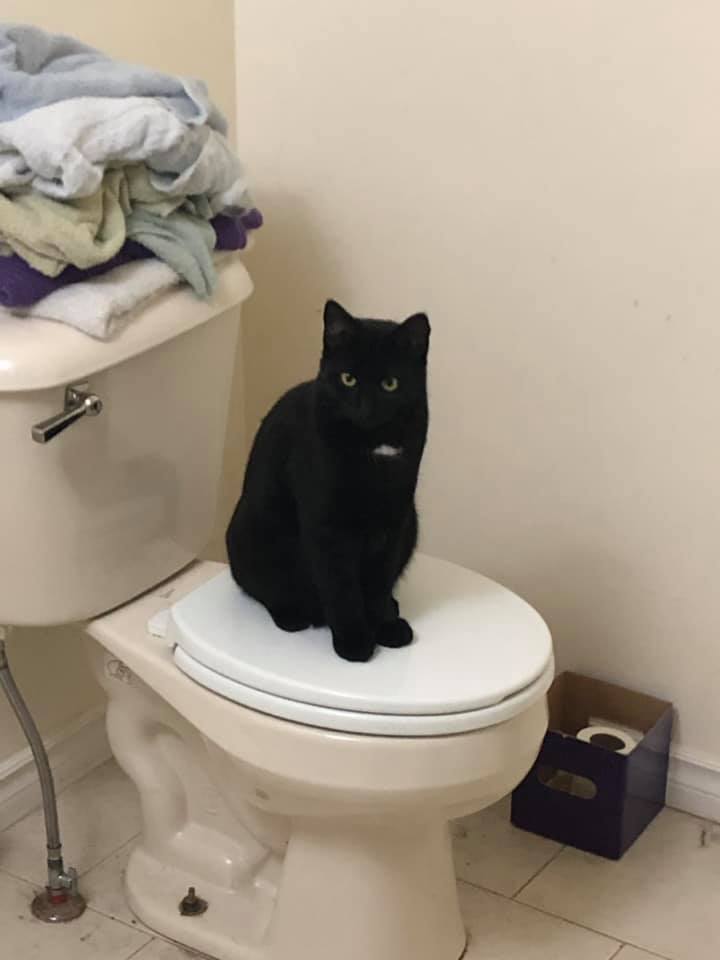
These diets have been around forever, for one reason – they work. How many of us have done an extreme reduction in calories so we can fit into a dress for a class reunion? But, then we eat again, and we gain back all the weight and then some. It can work for a short amount of time, and then if we just go back to eating like we did, we yo-yo back up to our original weight.
Potential Risks of A Very Low Calorie Diet
At first, you will likely have flu-like symptoms (just like you do with keto) because your body is adjusting to a different way of getting energy. You will feel tired, maybe nauseous, and you will likely have some digestive issues. Just like keto, this is usually temporary and your body will adjust.
There are some more serious risks of this diet. It is common to develop gallstones on this diet. If you follow this diet for too long, you will also risk not getting enough vitamins and minerals, which can lead to hair loss and muscle loss. As well, your body can go into starvation mode, and your metabolism will actually slow down. That’s the opposite of what you want!
What Can You Eat on a Very Low Calorie Diet?
If you are under the supervision of a doctor, they will likely give you a 24 week guideline. For the first 12 weeks, you eat soups and meal replacements (drinks, bars, etc.). The following 12 weeks will entail slowly introducing healthier foods into your diet and gradually upping your calorie intake.
People who try to do this on their own often replace 2 or more of their meals with the shakes and bars advertised in the stores. Or, they will try to eat the same thing every day (like grapefruit). The extreme end of this diet doesn’t leave you a lot of room for variety. A bagel with 3 ounces of cream cheese, for example, is about 500 calories. That’s your whole allotment in one breakfast option!
The Myth of Calories
I’ve mentioned before that I have an issue with this myth around calories in / calories out. The idea is that you expend more calories than you take in, and you will lose weight. It’s a simplistic view of the way our bodies use calories. Our food is made up of much more than calories. It’s made up of vitamins and minerals we need to have a healthy life. If I say I will eat 1000 calories a day and then I save up allotment for a piece of chocolate cake, I’m still under the set amount. But, what kind of energy does that give my body?
For years, I tried to limit my calories and count calories to lose weight. It never worked. For me, I was always hungry and when I did eat, I’d overeat. Then I’d feel bad about myself, and then I’d eat crappy foods (like fast food). I was always chasing weight loss and I never succeeded. In fact, on keto, I sometimes eat too few calories and need to increase my food intake. That’s a nice problem to have!
The Very Low Calorie Diet and Keto
This is a very different diet than keto, and they aren’t really compatible, in my opinion. Keto focuses on eating fats, and they have more calories than carbs and proteins. Three ounces of steak has 230 calories. 3 ounces of broccoli has a whopping 29 calories. So, you’re going to take in more carbs than fat on this diet.
If the number one criticism of keto is that it is hard to maintain, I can’t imagine trying to live on this diet! I get to eat food I enjoy and never feel hungry. This diet is all about losing weight so you can then eat healthier food options and maintain the weight. I’ve been down that road and it did not work for me! Keto is a mindset and you get into the routine of following it. All it takes is one work event to knock me out of the low calorie diet. So, for me, I will stick to keto. It doesn’t work for everyone, but sometimes it’s the better option.
Wendy

